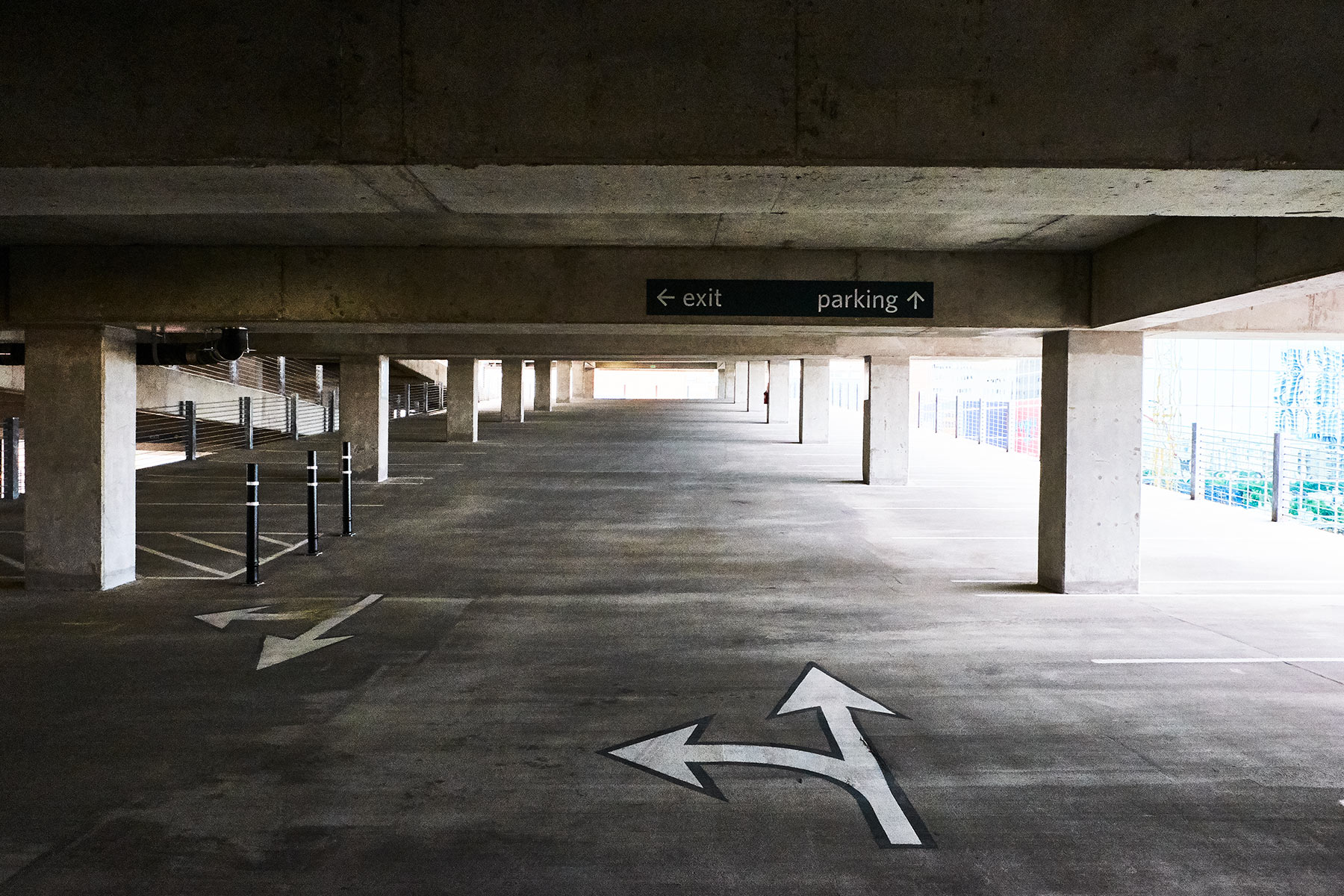Housing affordability has entered the vernacular of public and private sector Dallasites over the past few years. Creative solutions that are underway run the gamut from subsidies to incentives to get more units at a better price point built and occupied. But, one quick solution to create more housing affordability in Dallas should be pursued with urgency: reforming parking requirements.
The current Dallas City Code requires too many parking spaces.
Many have decried the abundance of surface parking lots, parking garages interfering with the flow of walkable neighborhoods, and the incentives to drive caused by free parking. Less discussed are the costs associated with meeting parking requirements.
First, parking spaces are expensive.

A good rule of thumb is that a multi-family parking space can cost the renter around $1,200 a year because building costs are passed through in rent. (And the beloved below-grade parking that we all want costs twice as much to build.)
Because of these parking obligations, I have had to develop multi-family buildings where entire floors of parking garages sit empty overnight.
Second, there is an opportunity cost–parking to code often limits what else a developer can do, as it utilizes space that could be dedicated to better amenities for the community and better design integration with the neighborhood. Meeting parking requirements is one of the first make or break tests for a deal to determine its viability, and it establishes the rest of the building form around it.
We need to start amending the zoning code to reduce the strain of high parking demands and make housing more affordable.

The car is not going away, but we can start with some easy items for immediate change, while task forces evaluate meatier reforms.
Here are some potential quick wins that involve small amendments to Dallas City Code’s Off-Street Parking Regulations:
- Allow for tandem parking spaces to qualify for the parking minimums in all circumstances, not just specific districts. This reduces the amount of building area needed for a parking space.
- Allow for more compact parking spaces to qualify as off-street parking–dedicate less lot and building area to the car.
- Allow bike parking spaces and proximity to DART stops to count toward a parking reduction universally, not just in specific districts.
- Reform the code to require no more than one space per unit as a minimum, rather than one space per bedroom.
- Exempt buildings from parking minimums if they are within close proximity of high-frequency transit stops.
- Help the long-term residents realize gains: Work with residents in rapidly developing neighborhoods to alleviate parking requirements that make it impossible to convert a single residential lot into something of higher value. Otherwise, the resident has to sell the property and the profits to someone else who consolidates multiple lots.
While I am sure there are more, these Code revisions would immediately impact the affordability of housing before needing to spend taxpayer dollars on subsidies or other incentives. Other cities, like Minneapolis, have already done this–Minneapolis cut the minimum parking from one space per bedroom in half for large projects. It removed any parking requirements for projects with less than 50 units.
Rest assured; there will still be ample parking–current estimates are that there are eight parking spaces built for every registered vehicle. All of these proposals rest on the general premise that a developer is incentivized to ensure a project is economically feasible and desirable to the market and still offers a minimum parking parameter controlled by City Hall.
There is a movement in cities throughout the country and the world to reduce the parking minimums and to create caps on parking within a city to incentivize healthy growth. For data on these topics, I encourage you to read articles about Minneapolis’s and Seattle’s reforms, about Copenhagen’s parking cap and by Donald Shoup, FAICP, and Distinguished Research Professor in UCLA’s Department of Urban Planning, and his colleagues.
Katy Slade is the principal and founder of Mintwood Real Estate






